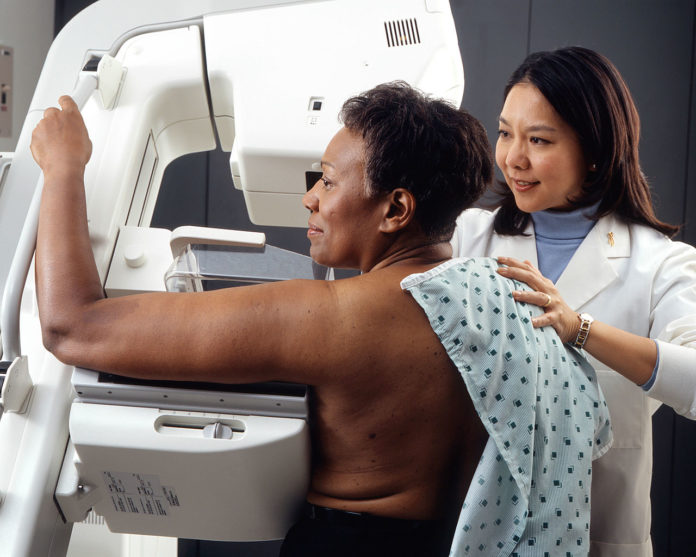Researchers called for using more demographically diverse data for research and testing purposes
An AI algorithm that is approved by the Food and Drug Administration can get confounded by the age and race of patients while analysing digital mammograms, a study has found.
“Patient characteristics influenced the performance of a commercially available artificial intelligence algorithm analyzing true-negative screening digital breast tomosynthesis studies,” researchers reported in the journal Radiology. This calls for using more demographically diverse data sets for testing and training, they wrote.
They found that false-positive risk scores were more likely in Black patients (OR = 1.5) and patients with extremely dense breasts compared with White patients and patients with fatty density breasts, respectively. The influence of patient characteristics on algorithm performance necessitates more demographically diverse data sets for testing and training and greater transparency.
“AI has become a resource for radiologists to improve their efficiency and accuracy in reading screening mammograms while mitigating reader burnout. However, the impact of patient characteristics on AI performance has not been well studied,” said Derek L. Nguyen, M.D., assistant professor at Duke University in Durham, North Carolina.
In the retrospective study, researchers identified patients with negative (no evidence of cancer) digital breast tomosynthesis screening examinations performed at Duke University Medical Center between 2016 and 2019. All patients were followed for a two-year period after the screening mammograms, and no patients were diagnosed with a breast malignancy.
The researchers randomly selected a subset of this group consisting of 4,855 patients (median age 54 years) broadly distributed across four ethnic/racial groups. The subset included 1,316 (27%) white, 1,261 (26%) Black, 1,351 (28%) Asian, and 927 (19%) Hispanic patients.


